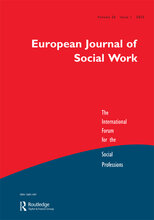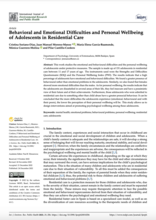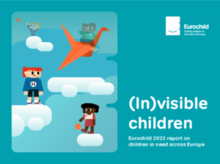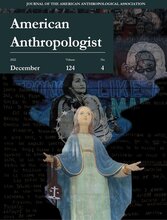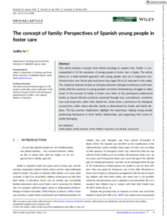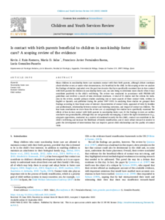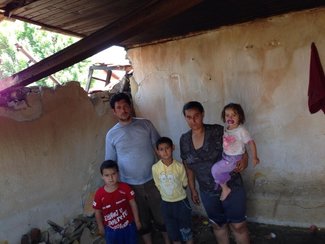

Displaying 31 - 40 of 544
The aim of this article is to analyse the factors that intervene in decision-making by childcare professionals regarding non-kin foster care in the north-east of Spain.
This paper studies the emotional and behavioural difficulties and the personal wellbeing of adolescents under protective measures in Spain.
This report highlights the recommendations and priorities that EU decision-makers and national governments can do to support the most vulnerable children and prevent widening inequalities.
Almost 20% of unaccompanied child migrants from Albania taken in by Kent County Council this year have disappeared, the BBC has found. The local authority took in 197 Albanian children up to 31 October, 39 of whom have gone missing.
This volume covers a broad spectrum of current research findings concerning the participation of young people in foster families and residential living groups in Australia, Canada, Germany, Ireland, Italy, Portugal, Norway, Sweden, and Switzerland as well as cross-nationals perspective on children and young people’s participation in foster and residential care placements in Great Britain and France.
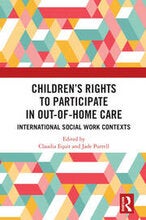
Organised jointly by ENIL-ECCL and Disability Rights Defenders, this webinar on November 22, 2022, featured speakers from Sweden, Slovenia and Scotland on the UN Guidelines on Deinstitutionalisation, including in Emergencies.
This article explores the concept of solidaridad, considers its enduring currency in kinship discourse in Spain, and analyzes various case studies from the authors' respective research projects.
This article employs concepts from family sociology to explore how ‘family’ is conceptualised in 14 life narratives of young people in foster care in Spain.
In this scoping review the authors analyze the findings of studies conducted over the past two decades that have specifically examined face-to-face contact with birth parents for children in non-kinship foster care, with the goal of determining more clearly when it may contribute positively to the child's well-being. The review involved a search of nine electronic databases in Spain, the U.S., Portugal, and the UK.
The objective of this article is to identify those situations where the families of fostered unaccompanied migrant children are made visible in order to favor the incorporation of these families into the pathway planning. The fieldwork was carried out in Spain and involved working groups with specialized professionals.

